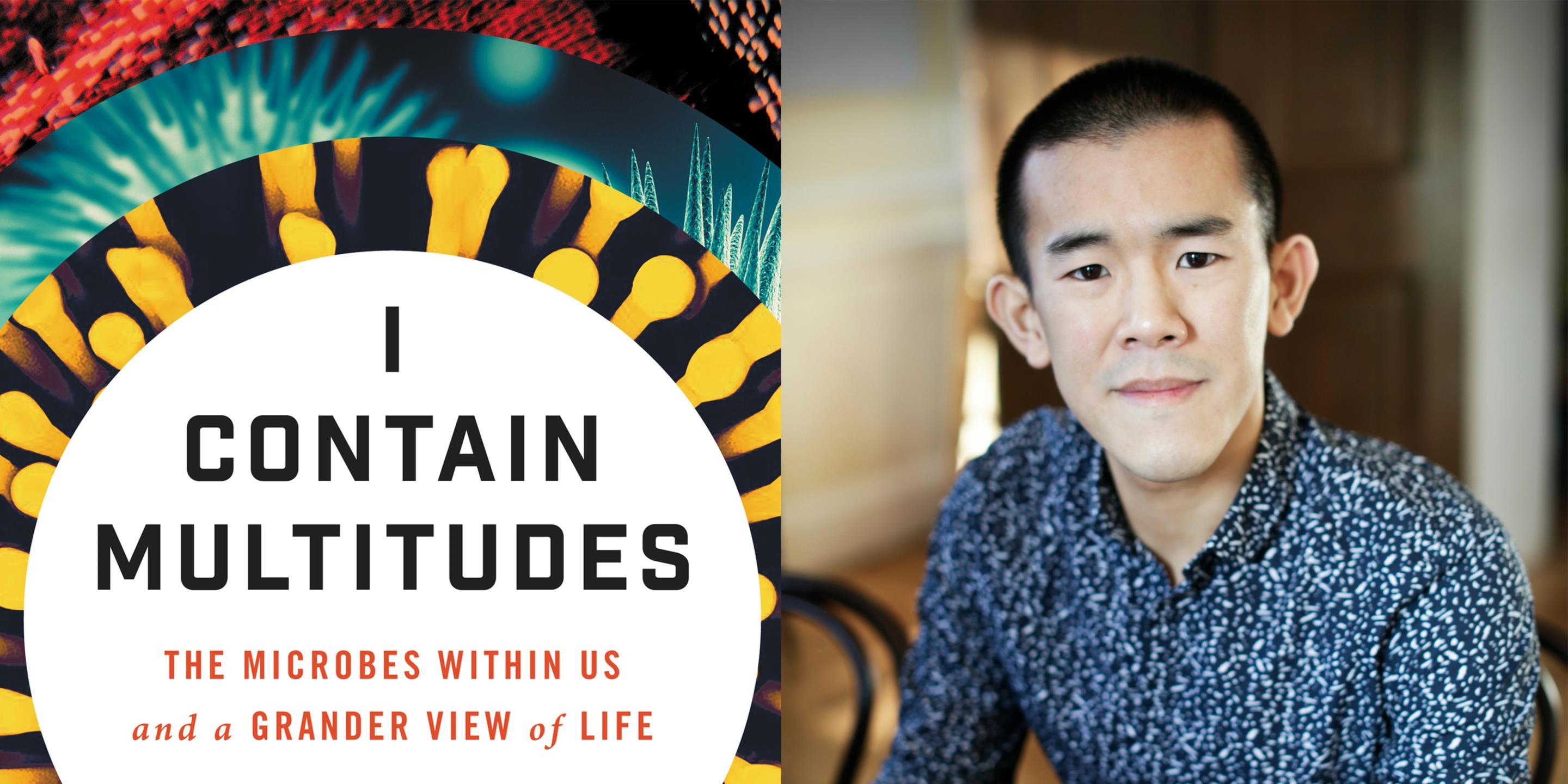In you, on you, around you—and a new book called <i>I Contain Multitudes</i> explains why that's a great thing
"Good gut bacteria" has been a term bandied about for the last few years, owing to our recent discovery of the so-called microbiome that assists us in digestion and affects, as we're finding out, systems throughout the body. What you'll learn reading I Contain Multitudes,the new book by science writer Ed Yong, is that we are actually teeming with microbiomes and that every corner of the world teems with microbiomes, too. We caught up with the author at his home in London to find out a little more:
Why were you attracted to this subject of microbiomes?
It's my favorite area of science. It makes even familiar things—our bodies, our health, the animal world—stranger, fresh and newly wondrous. And microbes are the ultimate underdogs. We ignored and feared them for ages and we now see that they are the heroes of our own narrative.
Knowledge about microbiomes helps explain a lot of how our bodies work. How do you want people to utilize the material?
Don't fear the microbial world; it's mostly benign and beneficial to us. Don't buy the silly news stories which compare the bacteria in your phones or keyboards or seats to those on a toilet seat—bacteria are everywhere and they're mostly harmless. Ease off on the antibacterial wipes and don't pester doctors for antibiotics unless you really need them. Eat lots of plant foods and fiber to nourish a wide range of microbes inside you.
What was the most surprising thing you learned during your research?
There are deep-sea worms that lack mouths, guts and anuses because they have microbes that provide them with all the energy they need.
Where is this field of study going?
It's clear that our microbes influence our health, but we're still not good at manipulating these communities to improve our lives. Probiotics, for example, are mostly ineffective. But in five to 10 years, we'll get a clearer understanding of how our microbiomes affect our wellbeing and perhaps get smarter and more skilled at nudging these communities in a positive direction.
One takeaway from this book is that we—humans, flora, fauna and more—are even more interconnected than we knew. Is there a lesson in all of this?
We think of ourselves as individuals but we are really communities. To understand ourselves, we need to understand the creatures that we share the planet—and ourselves—with.
